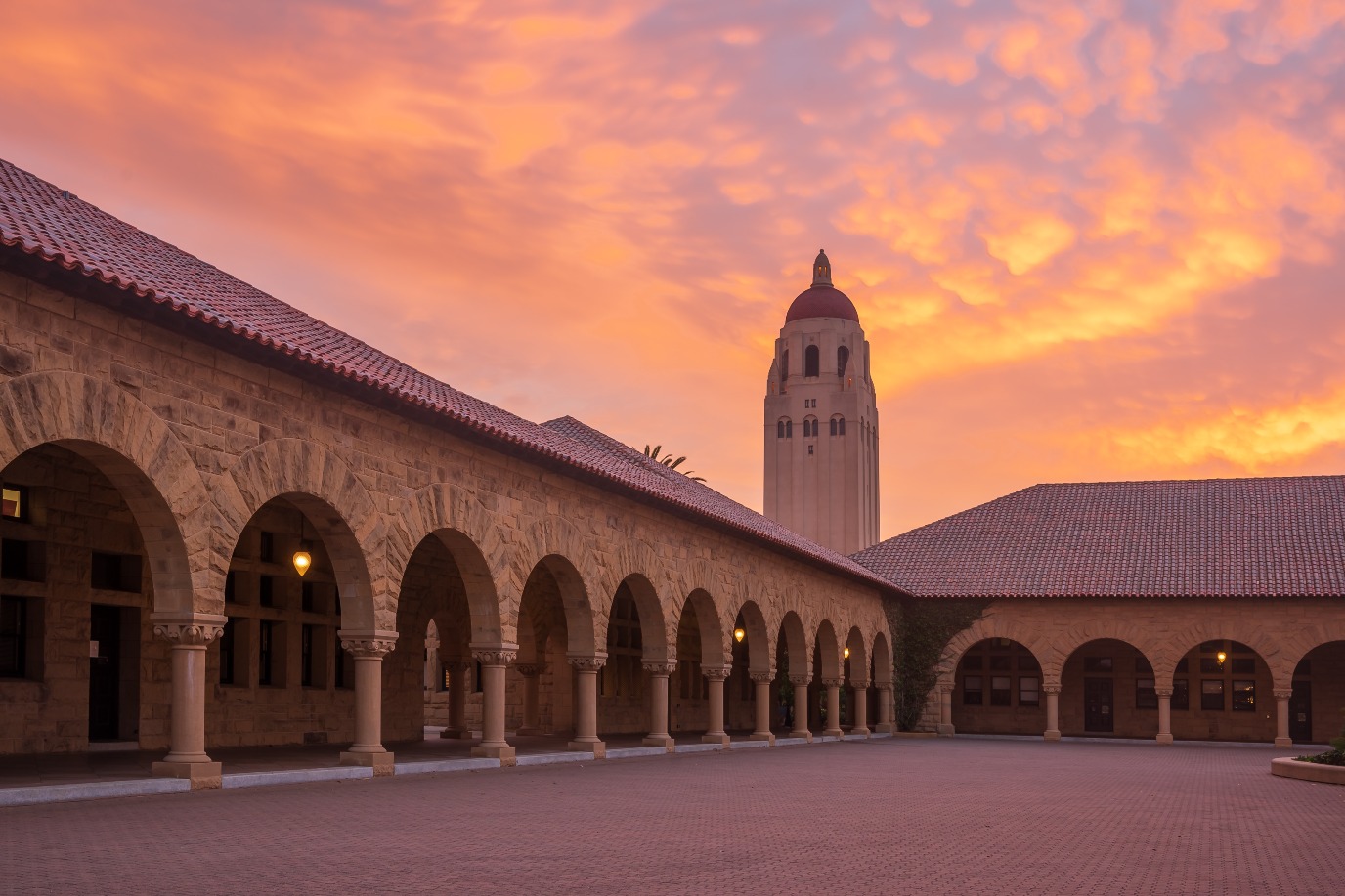Five promising UG researchers to top institutes abroad on Rubicon grants

Five promising PhD graduates from the University of Groningen will be able to conduct research at top institutes abroad for two years thanks to the
Rubicon programme
organized by the
Netherlands Organisation for Scientific Research (NWO)
and
ZorgOnderzoek Nederland Medische Wetenschappen (ZonMw; Healthcare Research Dutch Medical Sciences)
. The NWO and ZonMw Rubicon programme enables talented, young researchers to acquire international research experience to help kick-start their academic careers.
Read below who the laureates are with a brief description of their research projects, and where they will conduct their research over the next two years.
Judaea and Nabataea: Relations between Jews and Arabs in Antiquity
Dr A. W. Aksu -> University of Groningen -> Belgium -> KU Leuven-> 24 months
Jews and Nabataeans (an early Arab group) lived side by side in the ancient Levant. However, we know little about how these groups related to each other. This project sheds new light on Jewish-Nabatean relations by examining the Nabataean Dead Sea Scrolls from the perspective of their materiality and contents.
Breaking barriers: Improving speech recognition for underrepresented languages and dialects
M. Bartelds, MA -> University of Groningen -> United States -> Stanford University -> 24 months
Recent advances in deep learning improved speech recognition performance for many languages. Unfortunately, the performance is low for underrepresented (minority and regional) languages and dialects. This project investigates the most effective approach to adapt deep learning-based systems to improve speech recognition performance for a broad range of languages and dialects.
Getting a picture of redox-related cell states
Dr A. Sigaeva -> University of Groningen -> Sweden -> KTH Royal Institute of Technology -> 24 months
Like people, no two cells are the same, and they change over time. The researchers will use microscopes to capture the transient cell “moods”: the differences in cell metabolism under stress and during differentiation. This will help scientists to better understand how individual cells respond to normal and excessive stress.
New light on the origin of X-ray variability in Galactic accreting black holes
Y. Zhang -> Kapteyn Astronomical Institute, University of Groningen -> USA -> Center for Astrophysics, Harvard University -> 24 months
Black holes in binary systems in our Galaxy emit X-rays varying on timescales of seconds to years, much faster than the timescale of star and galaxy evolution. Zhang will use NASA’s NICER X-ray mission onboard the International Space Station to study these systems and unveil the origin of this variability.
The Social life of galaxies: Unfolding the Mystery of Galactic Interactions and Transformations in Different Environments
Dr. T. Deb -> University of Groningen -> United States of America -> Harvard University -> 24 months
Galaxies are very social astronomical objects, when migrating into a dense environment, they lose their gas, stop forming stars and sometimes merge together. However, the physics behind these transformations remain a mystery. Using observations from SMA, ALMA and MeerKAT telescopes, Deb will explore the mechanisms behind these enigmatic transformations.
| Last modified: | 23 September 2024 09.15 a.m. |
More news
-
03 April 2025
IMChip and MimeCure in top 10 of the national Academic Startup Competition
Prof. Tamalika Banerjee’s startup IMChip and Prof. Erik Frijlink and Dr. Luke van der Koog’s startup MimeCure have made it into the top 10 of the national Academic Startup Competition.
-
01 April 2025
NSC’s electoral reform plan may have unwanted consequences
The new voting system, proposed by minister Uitermark, could jeopardize the fundamental principle of proportional representation, says Davide Grossi, Professor of Collective Decision Making and Computation at the University of Groningen
-
01 April 2025
'Diversity leads to better science'
In addition to her biological research on ageing, Hannah Dugdale also studies disparities relating to diversity in science. Thanks to the latter, she is one of the two 2024 laureates of the Athena Award, an NWO prize for successful and inspiring...
